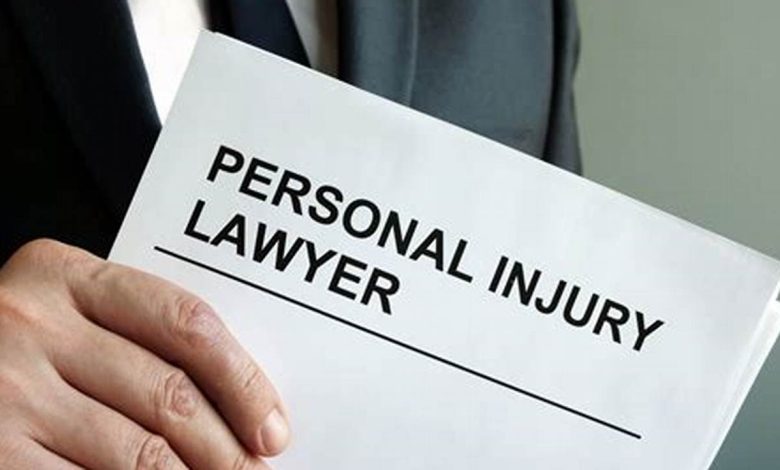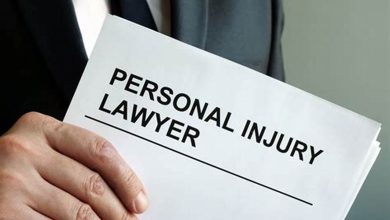Top Criminal Defense Lawyer Strategies

Navigating the complexities of the criminal justice system requires skilled legal representation. Effective defense strategies are crucial for protecting individual rights and ensuring a fair legal process. Choosing the right approach can significantly impact the outcome of a case, potentially reducing charges, minimizing penalties, or even achieving acquittal. This article explores key components of successful defense strategies employed by experienced legal professionals.
Investigating the Case Thoroughly
A comprehensive investigation is the cornerstone of a strong defense. This involves examining all evidence, interviewing witnesses, and potentially reconstructing the events in question.
Challenging the Prosecution’s Evidence
Scrutinizing the prosecution’s case for weaknesses is essential. This might involve questioning the reliability of witnesses, challenging the admissibility of evidence, or exposing procedural errors.
Negotiating Plea Bargains
In some situations, a plea bargain may be the most advantageous course of action. Skilled negotiators can work to secure reduced charges or sentencing in exchange for a guilty plea.
Developing a Compelling Narrative
Crafting a persuasive narrative that presents the client’s side of the story is crucial. This involves presenting evidence and arguments in a way that creates reasonable doubt or mitigates culpability.
Understanding the Relevant Laws and Precedents
A thorough understanding of applicable laws and legal precedents is fundamental to building a robust defense. This knowledge informs strategic decisions and arguments presented in court.
Expert Witness Testimony
Expert witnesses can provide valuable insights and credibility to a defense strategy. Their specialized knowledge can help explain complex evidence or challenge the prosecution’s expert testimony.
Motion Practice and Pre-Trial Litigation
Filing motions to suppress evidence or dismiss charges can significantly impact a case. Strategic pre-trial litigation can strengthen the defense’s position before the trial begins.
Jury Selection
Careful jury selection is crucial, particularly in jury trials. Identifying potential biases and selecting jurors receptive to the defense’s narrative can influence the trial’s outcome.
Trial Advocacy and Presentation
Effective courtroom presentation, including clear communication and persuasive arguments, is essential for conveying the defense’s case to the judge and jury.
Sentencing Mitigation
Even if a conviction occurs, effective advocacy during sentencing can minimize penalties. This may involve presenting mitigating circumstances and advocating for alternative sentencing options.
Four Tips for Choosing Legal Representation
Seek referrals from trusted sources and conduct thorough research on potential attorneys.
Schedule consultations with multiple lawyers to discuss your case and assess their experience and approach.
Inquire about their track record in similar cases and their familiarity with relevant laws and procedures.
Ensure open communication and a comfortable working relationship with your chosen attorney.
Frequently Asked Questions
What should I do if I am arrested?
Remain silent and contact an attorney immediately. Do not answer any questions without legal counsel present.
What is the difference between a misdemeanor and a felony?
Misdemeanors are less serious offenses typically punishable by fines or jail time of less than a year, while felonies are more serious crimes with harsher penalties, including lengthy prison sentences.
How long does a criminal case typically take?
The duration of a criminal case varies depending on its complexity, the court’s schedule, and the specific circumstances involved.
What are my rights during a criminal investigation?
You have the right to remain silent, the right to an attorney, and the right to a fair trial.
What is the role of a grand jury?
A grand jury determines whether there is enough evidence to indict someone for a crime.
Can I represent myself in a criminal case?
While you have the right to self-representation, it is generally advisable to seek professional legal counsel due to the complexities of the legal system.
Securing competent legal representation is paramount when facing criminal charges. A well-defined defense strategy, tailored to the specific circumstances of the case, is essential for protecting one’s rights and navigating the legal process effectively.


